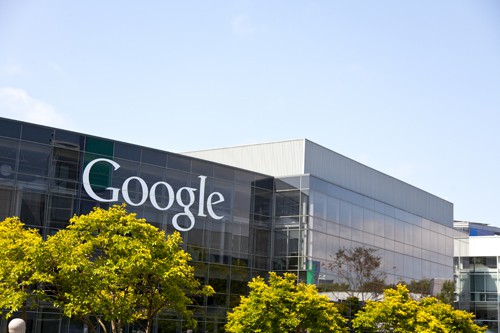
Google is re-organising to create a leaner organisation, and its healthcare operations have a central place in the new structure.
The technology giant has created an over-arching holding company called Alphabet that will be run by Google founders Larry Page and Sergey Brin, while Google itself becomes a subsidiary with Sundar Pichai serving as its chief executive.
Google’s life science research arm and pharma-like unit Calico – as well as other newer ‘moon shot’ ventures such as technology research unit Google X – will now operate independently of the Internet arm, which generates most of the company’s $60bn annual revenues.
Page cited healthcare specifically in a blog post about the new strategy, saying that it “allows us more management scale, as we can run things independently that aren’t very related.”
The company’s broad push into new business areas such as healthcare has raised eyebrows among some investors, who have expressed concerns that the company could take its eye off its core business and damage profitability.
The latest move may be a reaction to that but could also reflect a desire by the founders to retain some of the fast-moving, independent spirit that served Google so well in the early years.
“We’ve long believed that over time companies tend to get comfortable doing the same thing, just making incremental change,” writes Page.
“But in the technology industry, where revolutionary ideas drive the next big growth areas, you need to be a bit uncomfortable to stay relevant.”
Google certainly shows no sign of reining in its push into healthcare. The life sciences division responsible for projects such as the glucose-sensing contact lens signed a new agreement this week with DexCom to develop a new range of continuous glucose-monitoring products.
There have also been mutterings about a lack of information about the amount of money being invested into the new ventures, and the new structure will inject some more transparency into the company’s affairs.
For the healthcare units – with development timelines that typically stretch well beyond those expected by shareholders used to investing in the IT sector – that could prove to be a little uncomfortable. However, in the near-term Google is only planning to report two revenue streams – Google and Alphabet (everything else) – and is unlikely to drill down to the details of its speculative ventures.
It will also be interesting to see whether the new structure and transparency, whilst giving the healthcare units more independence, might also encourage them to work more traditionally within their areas of focus. Could the individual units perhaps lose some of the innovative miasma that comes from bringing scientists from different disciplines closer together?
The new structure will be introduced gradually over the coming months, according to Google.




